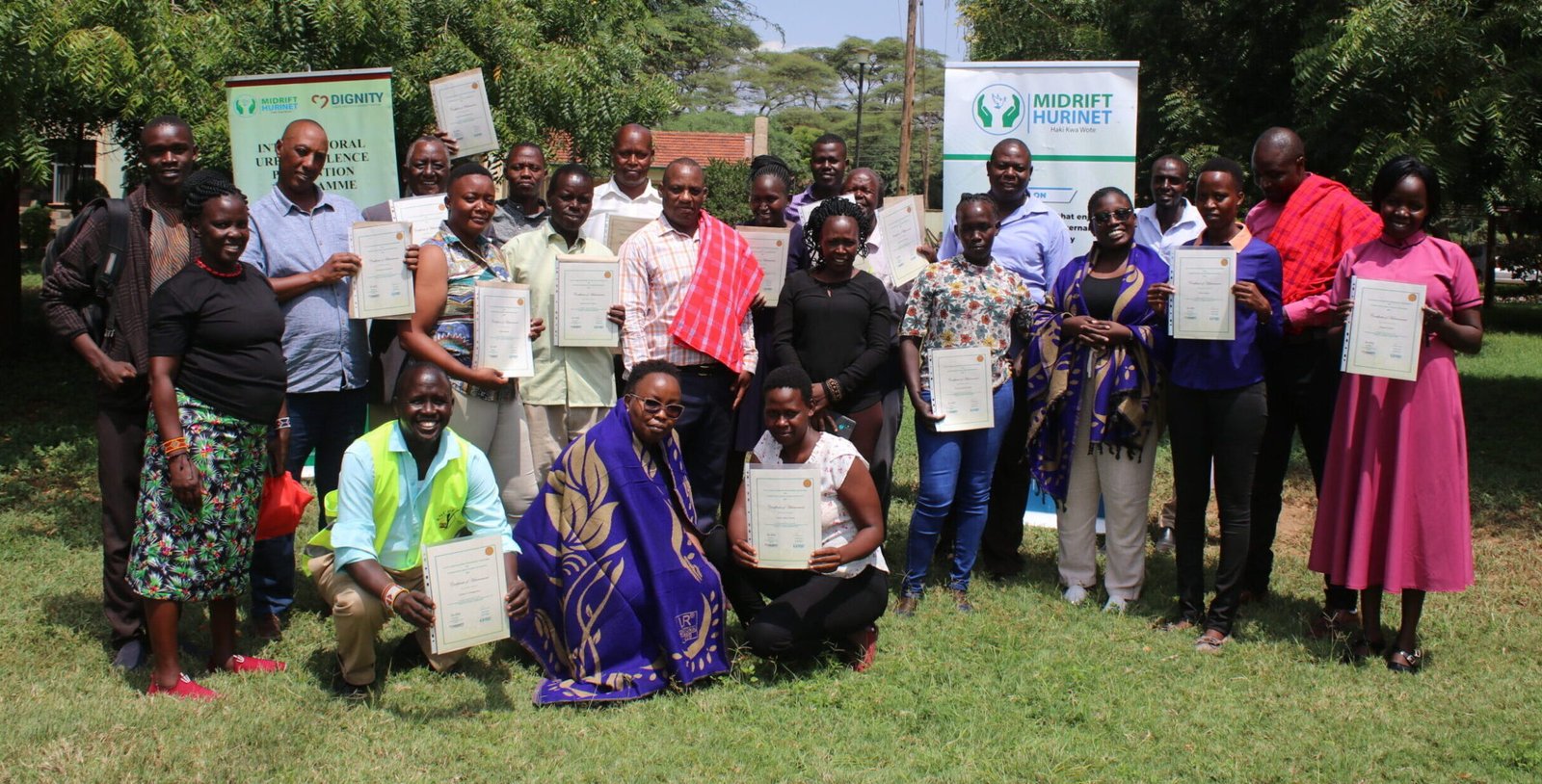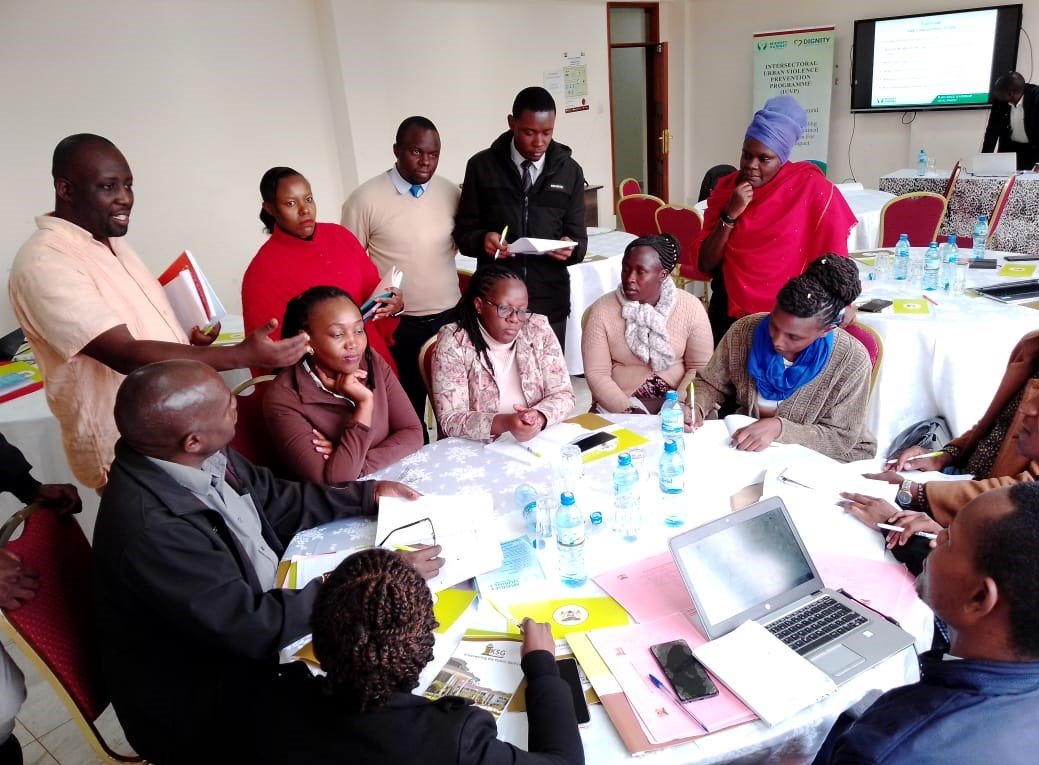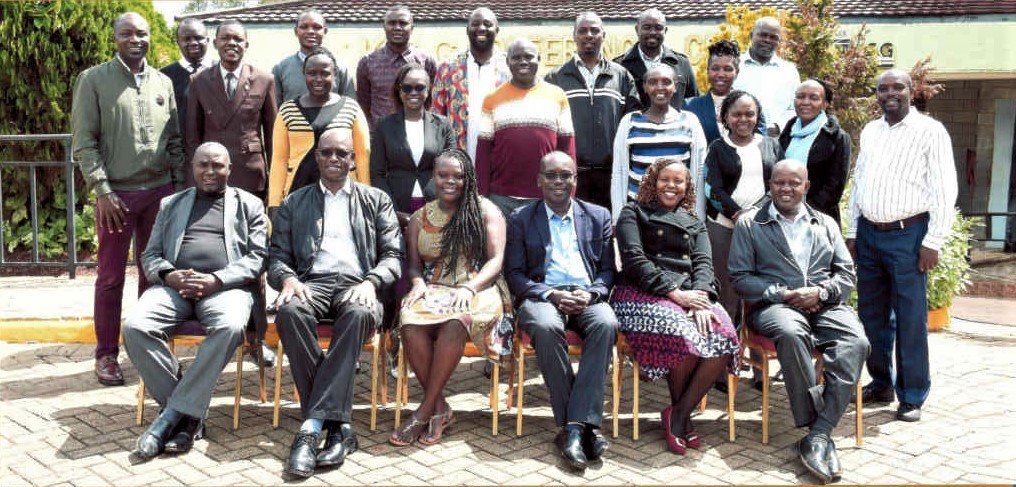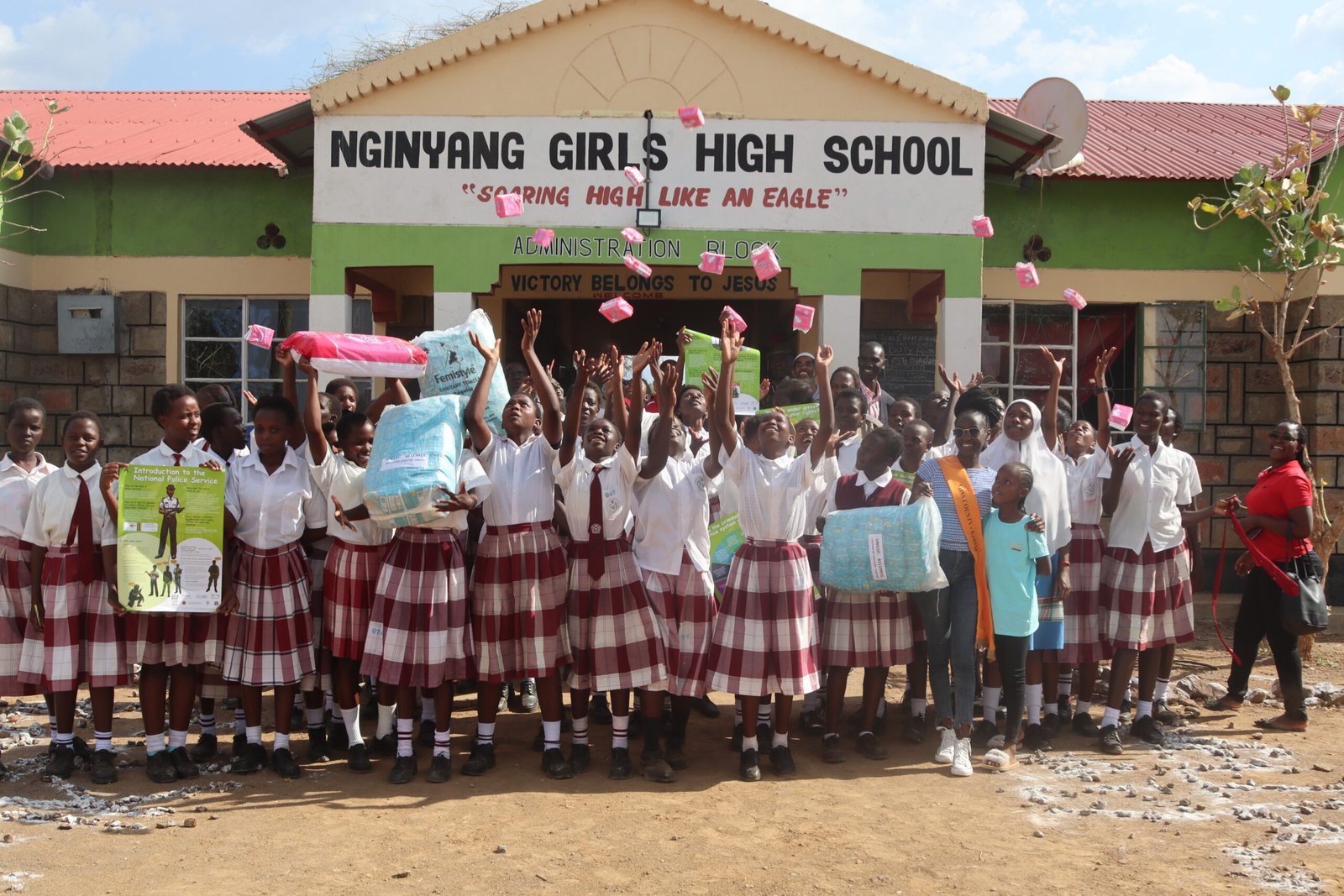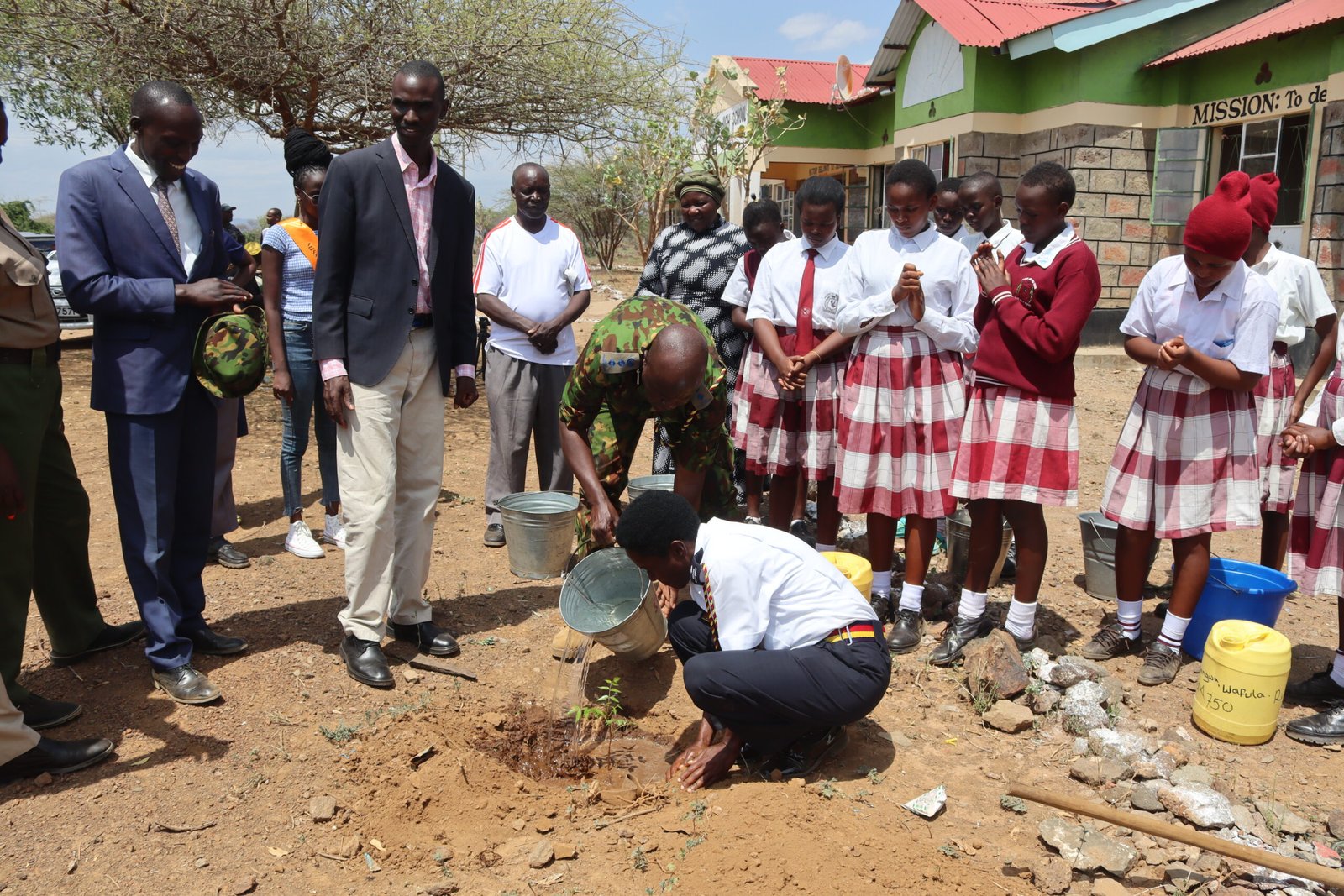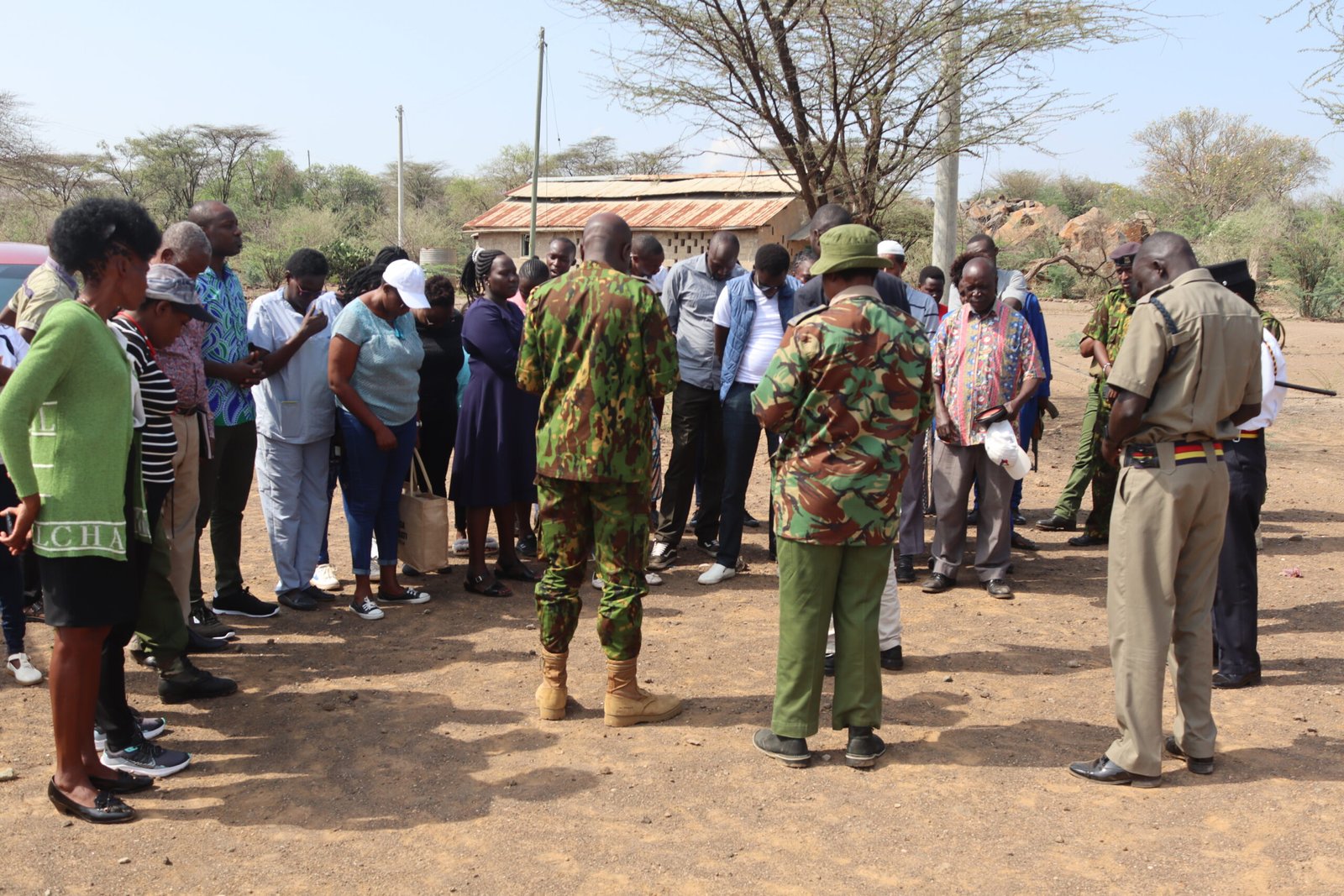Transforming Communities Through Place-Based Leadership Development
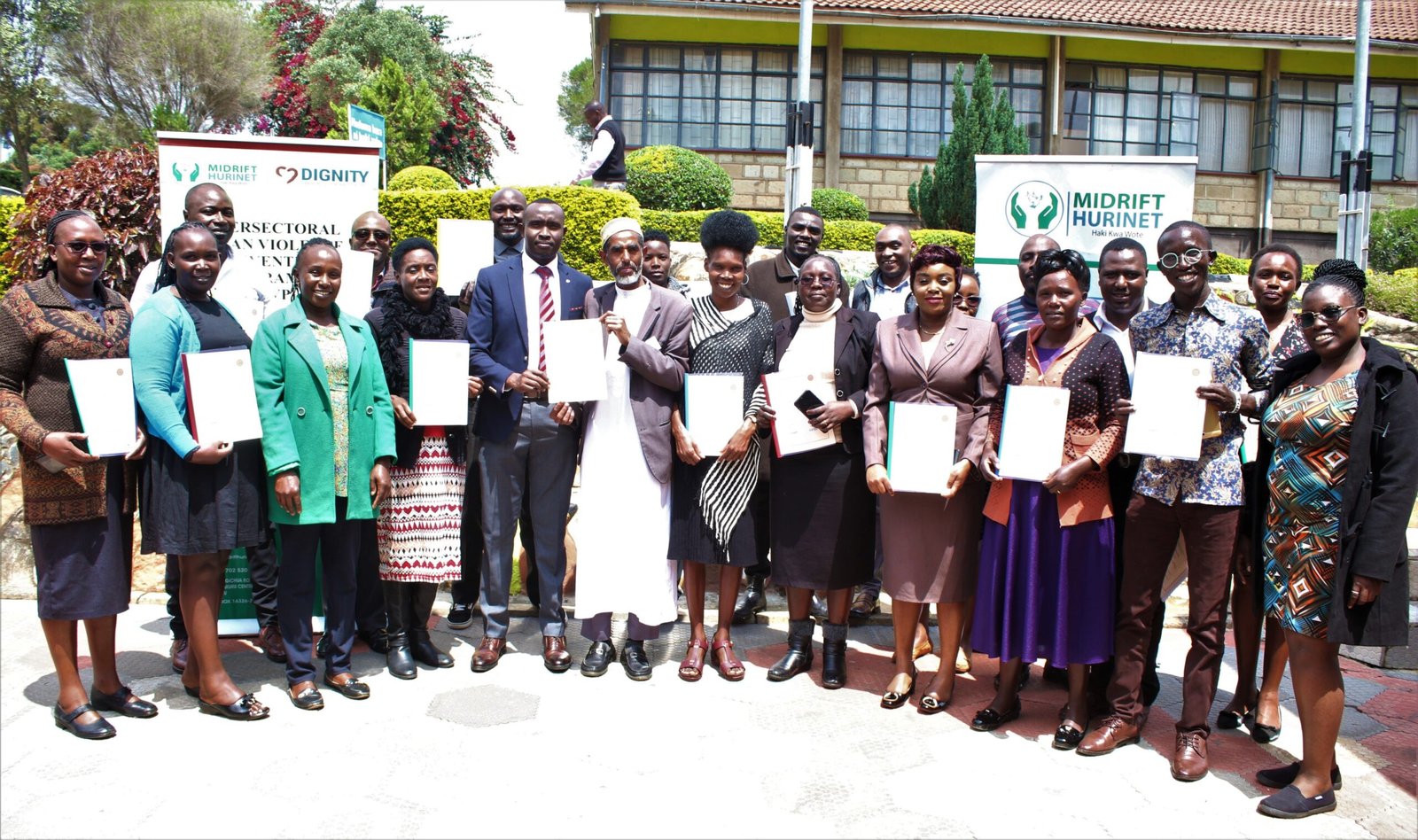
Midrift continues to boast on the applicability and replicability of the lessons learned through the Place-Based Leadership Development (PBLD) programme, following the recent completion of the third scale up of the programme in Baringo and Nairobi counties.
A total of 72 leaders drawn from different sectors among security agencies, county and national government, civil societies, media, and religious sectors and public oversight agencies were brought together to share their experience, learn, and unlearn various aspects of leadership. PBLD gave these leaders new views on how they see and solve difficulties in their communities, forcing them to develop and adopt a new attitude in tackling systemic issues.
During the 9-month period of implementing the programme, the leaders developed 10 action plans to address issues ranging from sexual and gender-based violence to peace and security, community development, and retrogressive cultural practices, with the goal of preventing violence and ensuring peaceful coexistence of the communities.
In the Nairobi cohort, two Assistant County Commissioners (ACC) from Embakasi and Kibera were able to apply PBLD knowledge to create collaboratives with community leaders and security officers to address illicit brews and reclaim a grabbed land meant for the construction of a sewer line respectively. Illicit brews have affected residents of Embakasi for a long time. Following President William Ruto’s order to administration officers to crack down on the illicit brews through the Rapid Results Initiative, the ACC was able to include chiefs and the Embakasi Member of Parliament in the collaboratives and this ensured effectiveness in collective action in addressing insecurity issues in Embakasi. This collaboration was also important as it was an avenue to hold each other accountable for their actions and inactions. In Kibera, locals who had previously suffered poor drainage and sewer systems collaborated with the government administrator for the first time to reclaim the grabbed land meant for a sewer line.
For the leaders developed through the programme in Baringo County, part of their action plan involved the triple threat challenges of teenage pregnancy, HIV infections and gender-based violence in the county. The leaders under the leadership of the Sub-County Police Commander for Kabarnet consolidated their efforts and mobilized resources from well wishers from Nairobi and Nakuru and supported the county’s only rescue centre for girls. The resources included mattresses, bedsheets and blankets, over 240 workbooks and storybooks, clothes, sanitary towels, shawl, bathing soap, torch, whistle, and pairs of shoes. The leaders reached out and mobilized Tiaty East and West sub county children’s officer, sub-county police commanders and police officers from Eldama Ravine, Tiaty, and Mogotio, probation and prisons officers Lake Bogoria Resort, and International Book Aid, who donated resources and visited the rescue centre and pledged long-term support.
In Marigat on the other hand, the leaders identified mental health issue which has adversely impacted residents of Baringo South. The leaders will undertake awareness and hold sensitization forums in their local spaces to highlight these challenges and empower communities to discover solutions to dealing with mental health issues.

Leaders commitment to transform their places
Despite the formal conclusion of the development program, the leaders from both counties remain dedicated to executing the action plans with minimal assistance from Midrift. This commitment to accountability and collaboration persists as they work collectively to transform their spaces. During the certificate award ceremony, the leaders conveyed their gratitude to Midrift, emphasizing the transformative impact the program had on their professional and personal lives. They demonstrated their unwavering dedication to positive change and vowed to continue conversations on changing the mindsets of communities and creating more agents of transformation even after the programme has ended.
By Judy Gathura

